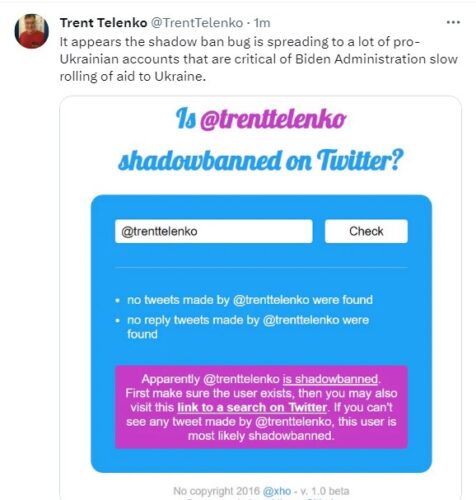I’ve been going deep in the weeds in research for the current work in progress, the long-put-aside Civil War novel, concerning the experiences of a spinster of independent means, who is active as an abolitionist lecturer in the 1840-1850 time frame, and a battlefield nurse during the war years. Frankly, the research is fascinating in and of itself; the matter of the existence of slavery in the United States was a contentious and hard-fought-over issue in the antebellum years. It’s been quite the antidote to the current 1619 historical fantasy, reading through memoirs and accounts of and by notable abolitionist crusaders of the time. Not only did the existence of the ‘peculiar institution’ in the pre-war South retard economic progress there (as industry and immigration favored the North) but the fight against it was sustained and uncompromising. The first half of the book is just about complete it’s the second half, concerning the war and most particularly the operation of field hospitals that has me deep in another field of weeds now, discovering some extraordinary stories and some extraordinary women.
One of the reasons that I love writing historical fiction I very rarely need to create anything of whole cloth and imagination; generally, the honest-n-truth version of events often surpasses anything I could possibly make up. So it is with the epic of a little-recalled national volunteer relief organization called, most prosaically, the United States Sanitary Commission, which mobilized women for the war effort to an extraordinary degree as nurses, administrators, counselors and organizers of countless benefits to raise funds for military support, the care and healing of the wounded, and later, for the welfare of veterans.
Read more
